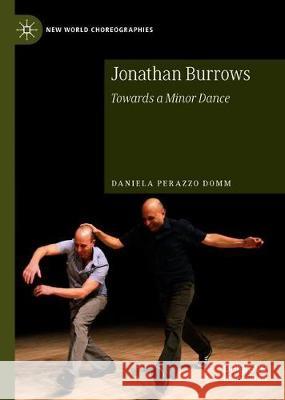Jonathan Burrows: Towards a Minor Dance » książka
topmenu
Jonathan Burrows: Towards a Minor Dance
ISBN-13: 9783030276799 / Angielski / Twarda / 2019 / 232 str.
Jonathan Burrows: Towards a Minor Dance
ISBN-13: 9783030276799 / Angielski / Twarda / 2019 / 232 str.
cena 323,53
(netto: 308,12 VAT: 5%)
Najniższa cena z 30 dni: 308,41
(netto: 308,12 VAT: 5%)
Najniższa cena z 30 dni: 308,41
Termin realizacji zamówienia:
ok. 16-18 dni roboczych.
ok. 16-18 dni roboczych.
Darmowa dostawa!
Kategorie:
Kategorie BISAC:
Wydawca:
Palgrave MacMillan
Seria wydawnicza:
Język:
Angielski
ISBN-13:
9783030276799
Rok wydania:
2019
Wydanie:
2019
Numer serii:
000762833
Ilość stron:
232
Waga:
0.45 kg
Wymiary:
21.01 x 14.81 x 1.6
Oprawa:
Twarda
Wolumenów:
01
Dodatkowe informacje:
Wydanie ilustrowane











